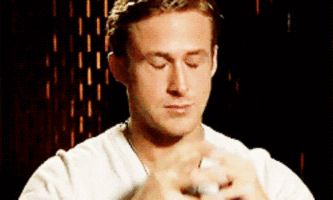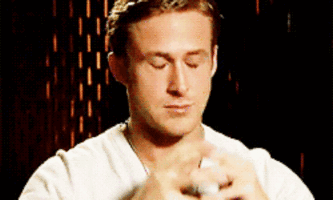Every now and then we accidentally bump our heads. Usually it's not a big deal, but if the impact is a little hard, it can leave a bump the size of an egg. Yikes! But that's not all: did you know that sometimes these bumps can be something more?
Some people develop headaches and, in an effort to make it go away, take medicines for headache. Some people throw up. Some become incredibly moody. The cause of this is a concussion, is the mildest brain injury a person can have. There are side effects to a concussion, one of which is a headache, which is what we are going to discuss.
What is a concussion?
How is it caused? Can it cause paralysis or lasting damage to your head and your body?
A concussion is a head injury where your brain shakes in your head, hitting the inside of your skull. While it is an incorrect assumption that a person must faint to have a concussion, it is included in the list of symptoms. Signs of a concussion are sleepiness, nausea, delayed reactions, headaches, confusion, balance problems, sensitivity to noise or light, amnesia and irritability. If you or a person who has hit their head exhibit 3 or more of these symptoms, go to the doctor immediately. Only they will know if a concussion has occurred or not. If you do have a concussion, you or the patient must be awakened up every two to three hours to make sure that you or the patient does not comatose. He or she may prescribe medicine for headaches, stop all sports related activity and get plenty of rest.
However, sometimes the treatment is not effective and symptoms may happened weeks and months after the concussion is diagnosed.
This is called post concussion syndrome (PCS).
Causes
It was discussed earlier that a concussion is a mild cranial injury. However, there are occasions when multiple symptoms occur weeks or months after a concussion. Post concussion syndrome does not happen to everybody who has had a concussion. It occurs more often in people who have had concussions before and people who have a history of head problems like amnesia and headaches. If you are age 40 and above, you are at a higher risk of developing PCS.
Symptoms
The symptoms of post-concussion syndrome are very similar to a concussion. Among the symptoms to look out for are eye strain, nausea, insomnia, sensitivity to light and noise, insomnia and severe headaches lasting longer than normal. Some psychological symptoms to look out for are irritability, moodiness, personality changes, anxiety, depression, restlessness and amnesia.

Diagnosis and Treatment
The only way to know if a person has PCS is by bringing him or her to the doctor, who may request for an MRI scan. Treatment for the injury depends on the symptoms exhibited. If it is more of a psychological problem, the patient may be referred to a psychiatrist. If the patient is showing more symptoms more balance-related problems like dizziness, he or she may be referred to an ear, nose and throat doctor.
Prevention
There is no definite way of preventing PCS. The only guaranteed way to prevent it is to prevent the concussion that will cause the PCS. This can be done by protecting the head. For example, by wearing a helmet during boxing or riding a bicycle.
Take no chances when it comes to head injuries. If you think you are exhibiting 3 or more of the symptoms mentioned above, immediately go to the doctor. Remember that a head injury is no joke. It is better to be cautious than regret it in the future.
